The UNDO Fellowship
Collaborative research
for new practices in
documentary art
Meet the UNDO Fellows
UnionDocs is honored to announce our next selection of artists and writers for The UNDO Fellowship.
Explore the pairs and the proposed research topics below.
Full Press Release
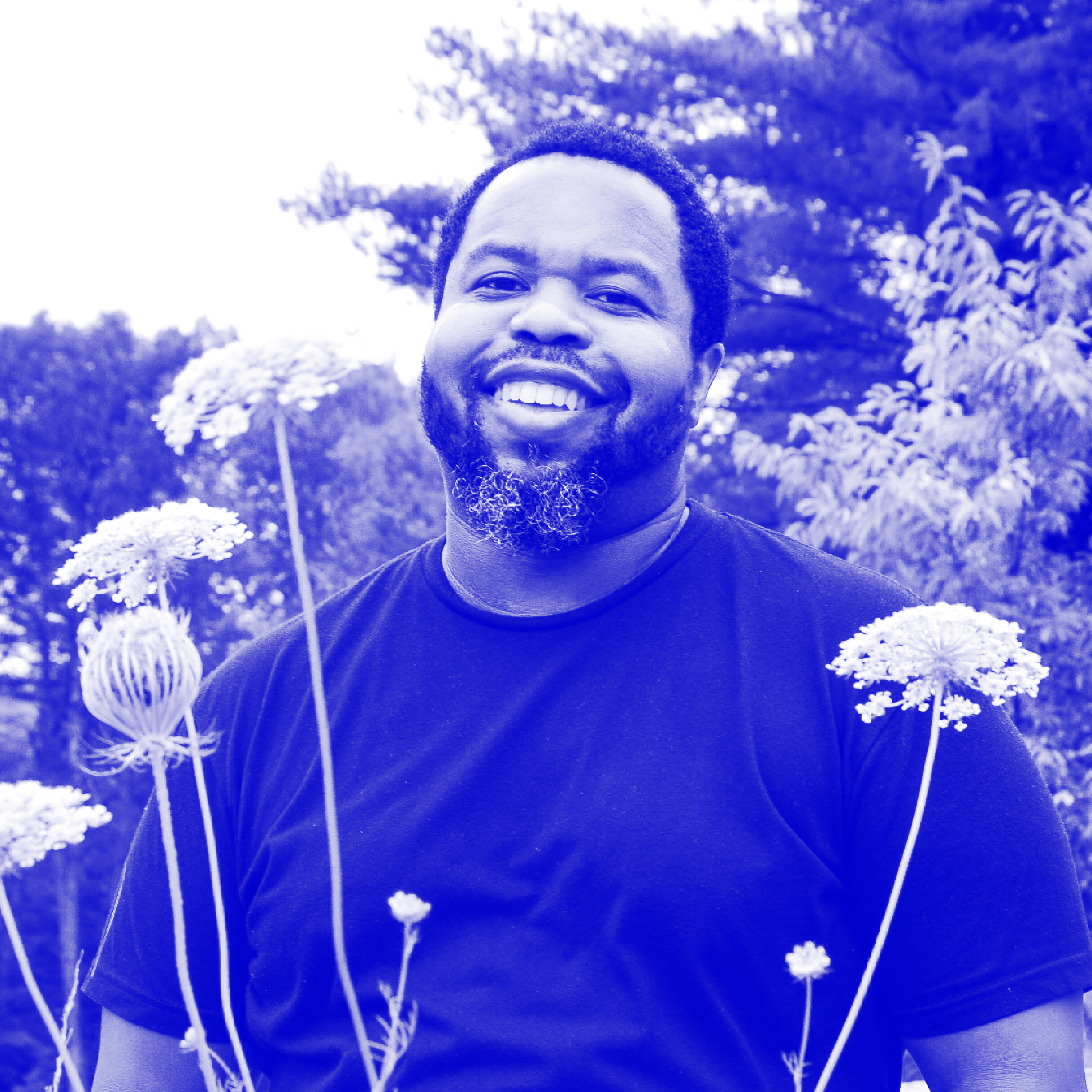
Ashon Crawley
Ashon Crawley is a writer, artist and teacher, exploring the intersection of performance, blackness, queerness and spirituality. He is associate professor of Religious Studies and African-American and African Studies at the University of Virginia. His is author of Blackpentecostal Breath: The Aesthetics of Possibility (Fordham University Press) and The Lonely Letters (Duke University Press). He is currently at work on a book about the practice of contemporary black life as a spiritual disposition, posture, gesture and relation; and a short story collection and a nonfiction volume, both about the Hammond B3 organ, the Black church and sexuality. A MacDowell interdisciplinary arts fellow, he is at work on an art installation featuring light sculpture and sound that serves as a memorial to blackqueer spiritual life, musicianship and erasures from official narratives.
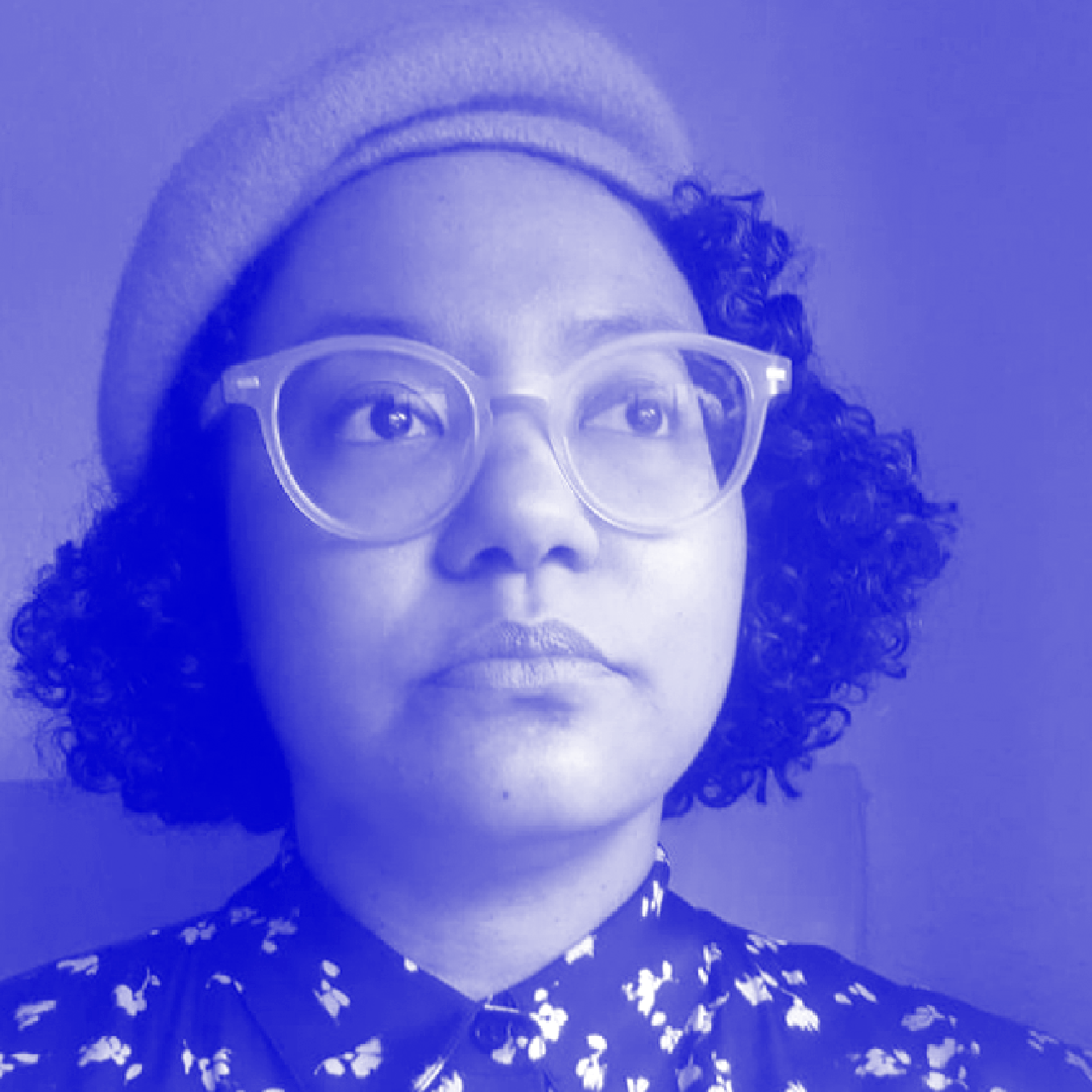
Crystal Z Campbell
Crystal Z Campbell is a multidisciplinary artist, experimental filmmaker, and writer of African American, Filipino, and Chinese descents. Campbell finds complexity in public secrets—fragments of information known by many but untold or unspoken. Select honors include the Pollock-Krasner Award, MAP Fund, MacDowell, Skowhegan, Rijksakademie, Whitney ISP, Franklin Furnace, OVAC Art 365, and Flaherty Film Seminar. Exhibitions/screenings include SFMOMA, Drawing Center, ICA-Philadelphia, REDCAT, Artissima, Studio Museum of Harlem, Project Row Houses, and SculptureCenter, amongst others. Founder of archiveacts.com, Campbell was a 2020-2021 Harvard Radcliffe Film Study Center & David and Roberta Logie Fellow and is currently a Distinguished Scholar at the University of Buffalo. A 2021 Guggenheim Fellow in Fine Arts, Campbell lives and works in New York & Oklahoma.

Deborah Stratman
Deborah Stratman makes films and artworks that question power, control and belief, considering how places, ideas, and society are intertwined. She regards sound as the ultimate multi-tool, and time to be supernatural. Recent projects have addressed freedom, surveillance, broadcast, sinkholes, comets, raptors, orthoptera, levitation, exodus, evolution, sisterhood and faith. Stratman has exhibited internationally at venues including MoMA (NY), Centre Pompidou (Paris), Hammer Museum (LA), Austrian Film Museum (Vienna), MCA (Chicago), Whitney Biennial (NY), Flaherty Seminar and festivals including Sundance, Viennale, Berlinale, CPH:DOX, True/False, Locarno and Rotterdam. She is the recipient of Fulbright, Guggenheim and USA Fellowships, an Alpert Award and grants from Creative Capital, Graham Foundation, Harpo Foundation and Wexner Center for the Arts. She lives in Chicago where she teaches at the University of Illinois.
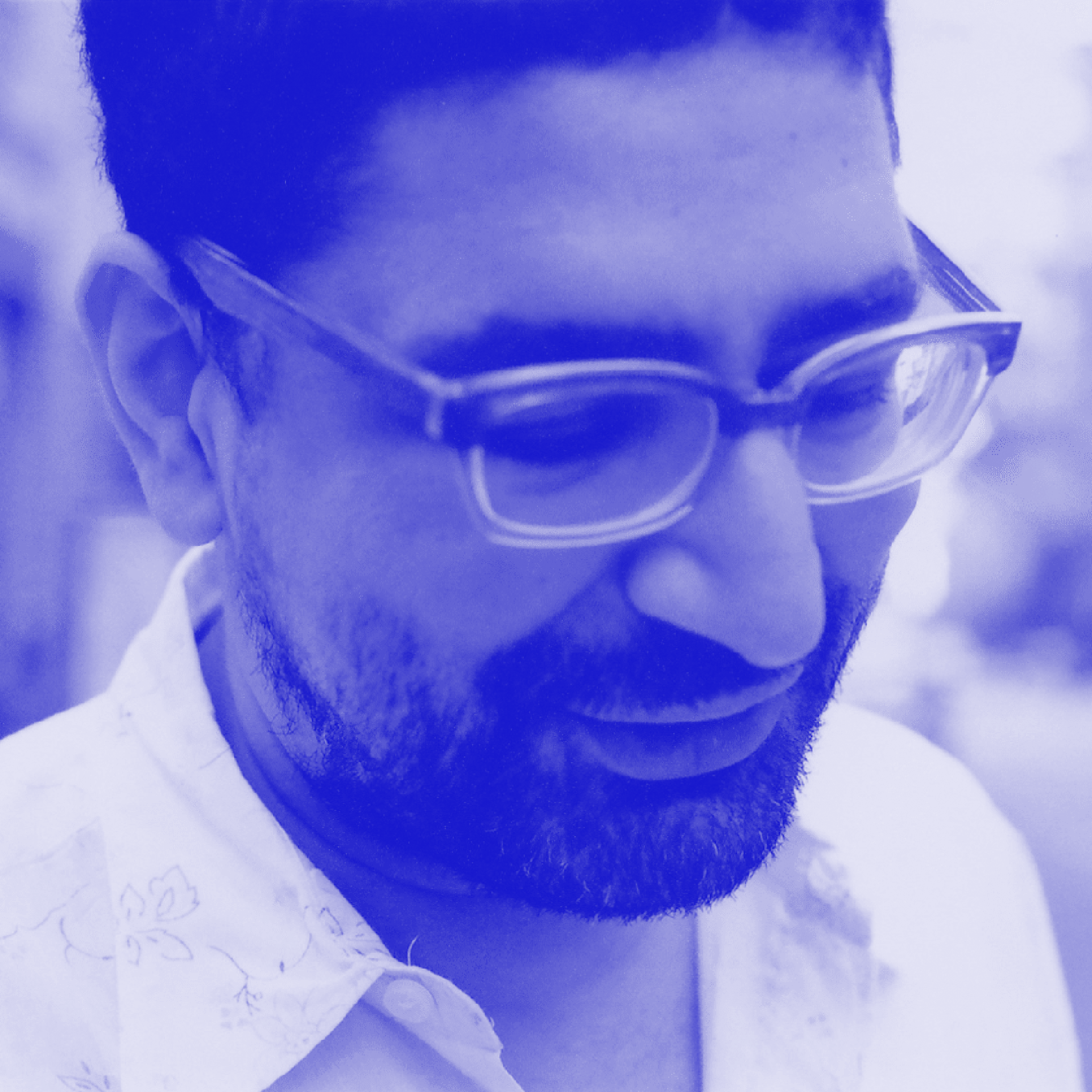
Sukhdev Sandhu
Sukhdev Sandhu is the author of London Calling: How Black and South Asian Writers Imagined A City (HarperCollins), I'll Get My Coat (Book Works), Night Haunts (Verso), Other Musics (MoMA). His writings - on documentary and international film, experimental music, migrant aesthetics - have appeared in journals such as Film Comment, Frieze, Artforum, Art in America, The Wire, 4 Columns, The Guardian, and Suddeutsche Zeitung. He is an Associate Professor at New York University where he also directs the Colloquium for Unpopular Culture.
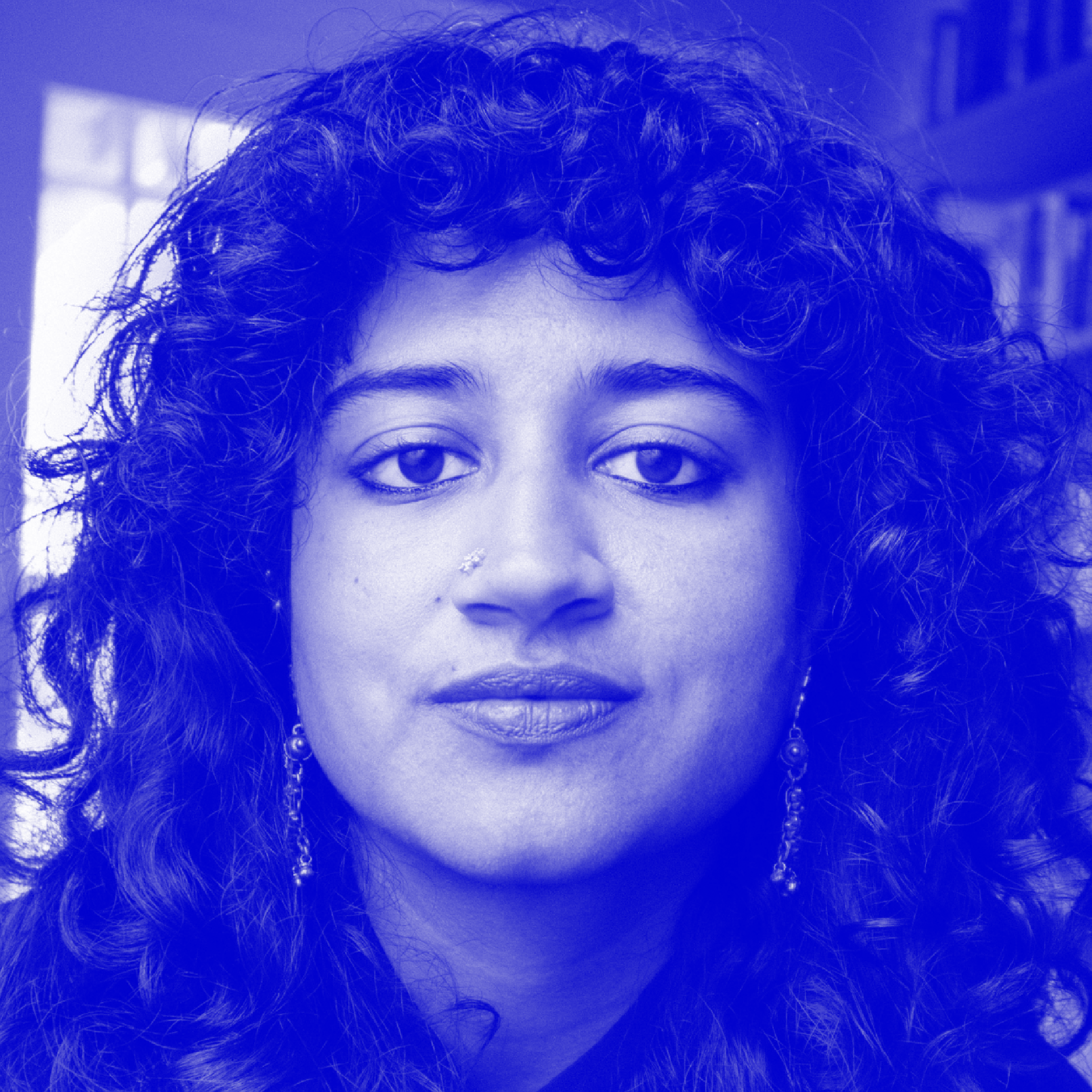
Lakshmi Padmanabhan
Lakshmi Padmanabhan is assistant professor in Radio/TV/Film at Northwestern University. She is co-editor of "Performing Refusal/Refusing to Perform," a special issue of Women & Performance. Her teaching and research focus on world cinema and experimental film, postcolonial theory, feminist theory and queer theory. Her current book project addresses the ways in which feminist documentary artists from South Asia experiment with cinematic form in order to imagine a radical postcolonial ethics. Her academic writing has been published in journals including Camera Obscura, and Art History, and she has contributed reviews and criticism to venues including Seen, Public Books, and Post45. She has programmed film and video at venues including BRIC Arts, AS220, and Magic Lantern Cinema.
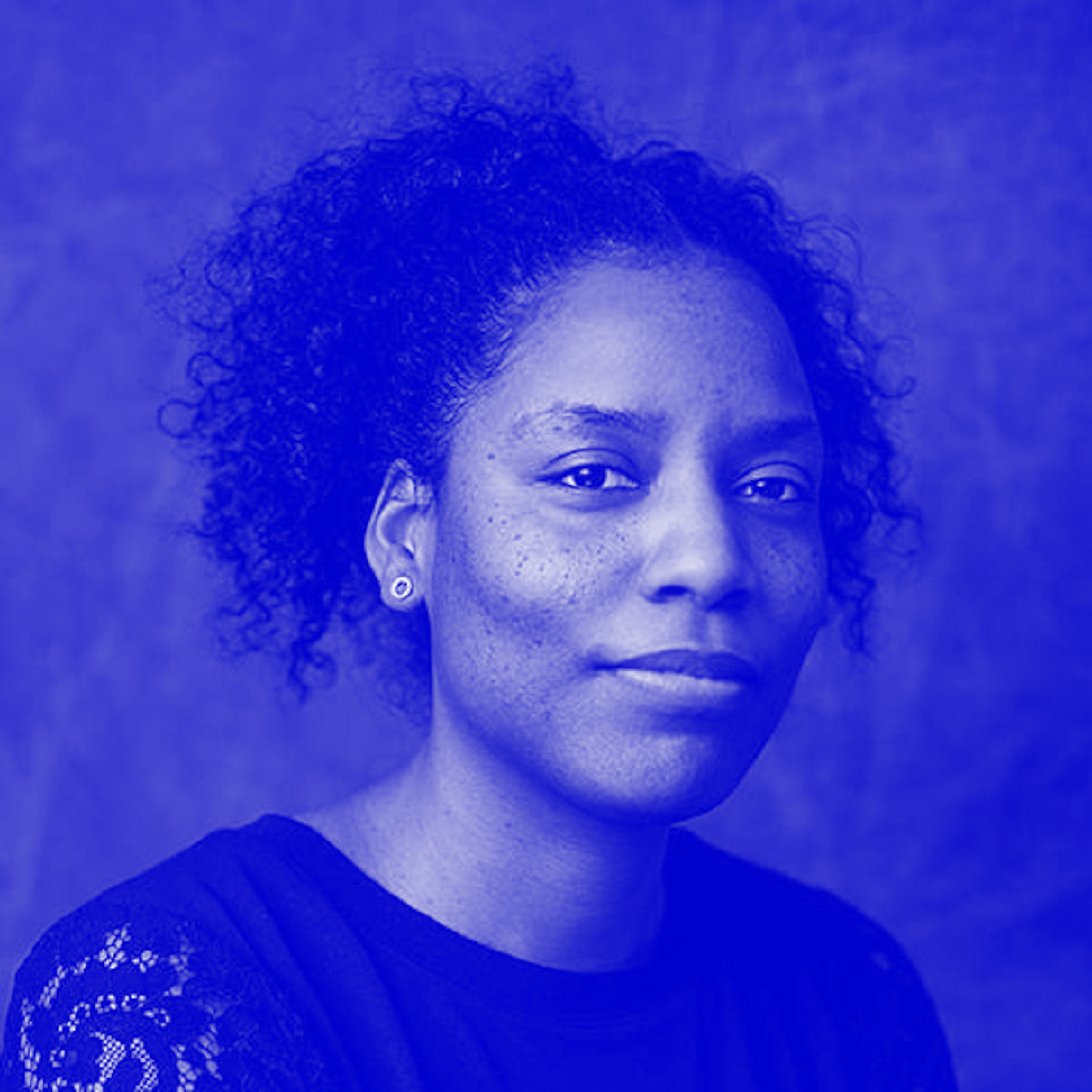
Miryam Charles
Miryam Charles is a director, producer and director of photography living in Montreal. She has produced and photographed several short fiction films as well as feature films . She is also the director of several short films which have been presented in various festivals in Quebec and internationally. She is working on her first feature-length documentary Cette maison (Talents en vue, SODEC), on short fiction film Au crépuscule (SODEC créateurs émergents), a fantastic series Jou va, jou vien (Banff/Netflix Diversity of Voices + Trio Orange) as well as a feature-length fiction film Le marabout (La forge Québec cinéma/Netflix + Voyelles Films). She is currently artist-in-residence at Concordia University and on the board of directors of RIDM, Dazibao and La Coop vidéo de Montréal.
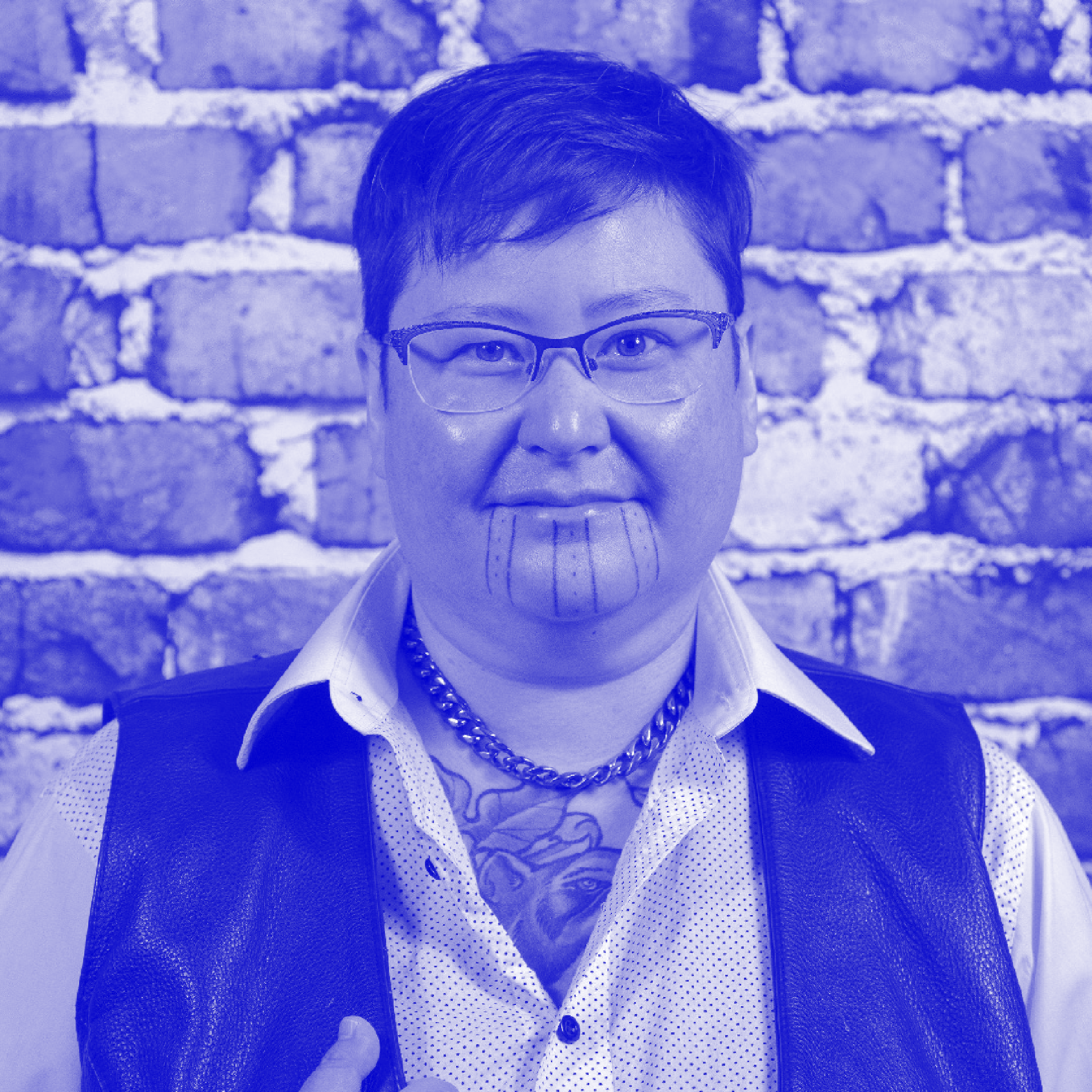
Theo Cuthand
Theo Cuthand was born in Regina, Saskatchewan, Canada in 1978, and grew up in Saskatoon. Since 1995 he has been making short experimental narrative videos and films about sexuality, madness, Queer identity and love, and Indigeneity, which have screened in festivals internationally, including the Tribeca Film Festival in New York City, Mix Brasil Festival of Sexual Diversity in Sao Paolo, ImagineNATIVE in Toronto, Ann Arbour Film Festival, Images in Toronto, Berlinale in Berlin, and Oberhausen International Short Film Festival. Her work has also exhibited at galleries including the Remai in Saskatoon, The National Gallery in Ottawa, and The Walker Art Center in Minneapolis. They completed their Bachelor of Fine Arts majoring in Film and Video at Emily Carr University of Art and Design in 2005, and his Masters of Arts in Media Production at X University in 2015. He currently resides in Toronto, Canada.
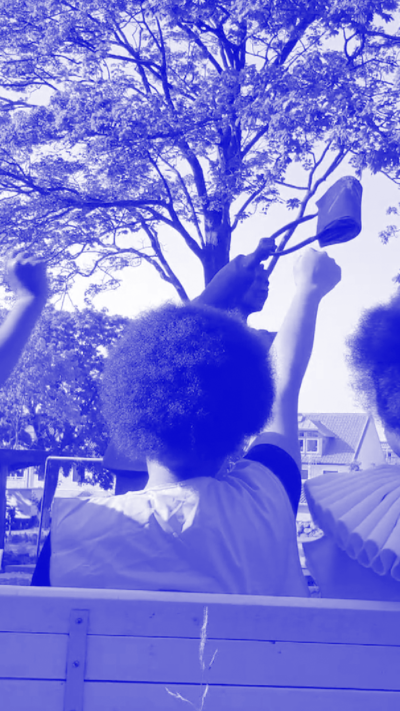
The Site of Whispers
Writer Ashon Crawley and Artist Crystal Z Campbell will examine the various ways that ideas, stories, and narratives are collected and ask what happens when the things collected are ephemeral? They will imagine ways that knowledge about Black geographic translation—in its variance and shade, in its color and texture, in its weight and lightness, in its vibration and sound—moves, how it spreads. The sound of glances and glimpses, the sight of whispers and hushed words, is where their research resides. They ask if the sonic component in film is the augmentation of the relationship between remembering and forgetting, or is the sonic a way to get at the archive and what exceeds its capture? Campbell’s sonic-centered documentary work honors the untranslatable, strategies of opacity, and rumor. They will posit together if fragments and gaps in archives can act as historical conductors, offering new translations or urgent questions, around Black geography, land and body, and the public secrets embedded in landscapes.
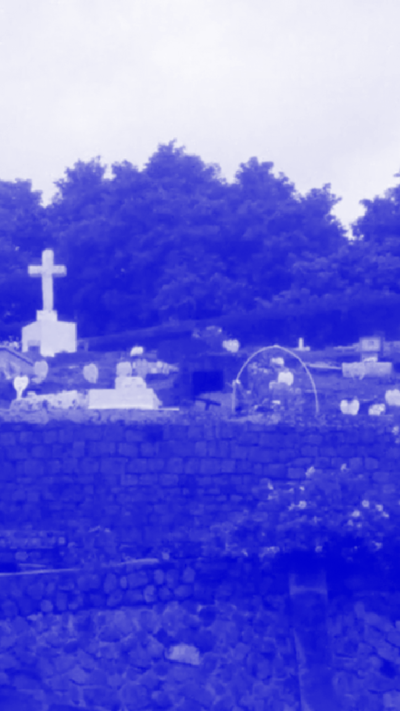
Forms of Errantry
How can the form of experimental documentary address the legacies of colonization as they are lived today? Scholar Lakshmi Padmanabhan and Filmmaker Miryam Charles will be following the routes opened up by this question, traveling and filming in India and Haiti (places of origin and belonging for them), to hear from women both dead and alive about their histories of survival and aesthetics of errantry. They will seek answers in the fissures between image and sound, personal narrative and political history, and in the juxtapositions between the dream of an anticolonial future, and the nightmare of our globalized present.
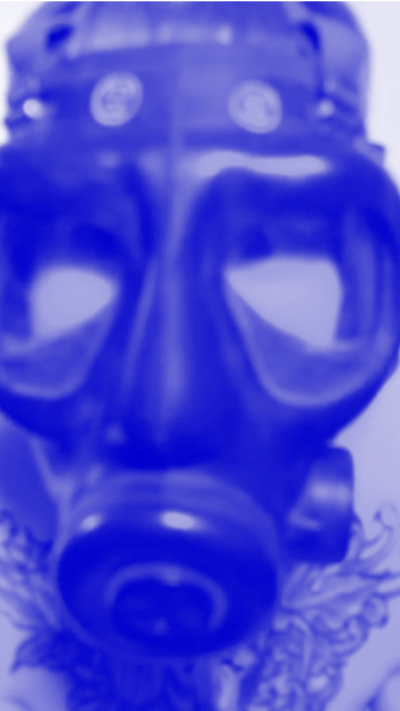
Two Spirit Life Cycles
filmmaker / artist Theo Cuthand proposes to advance Two-Spirit Indigiqueer life cycles through forms of mutual recognition, contemporary kinship, and world-building.
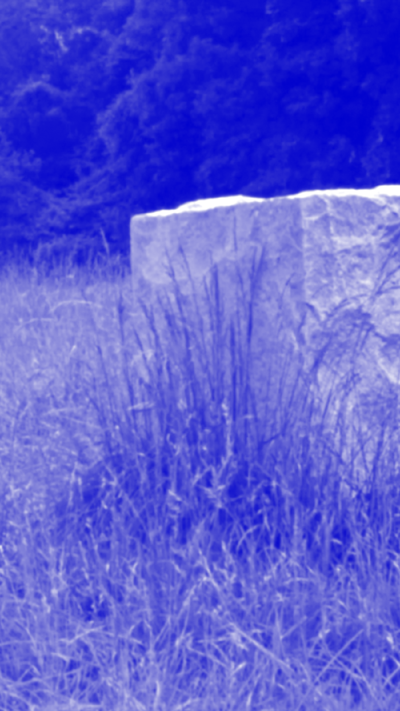
Geologic Listening
Author Sukhdev Sandhu and filmmaker Deborah Stratman will probe critical debates around the Anthropocene, monumentality, and the politics of audibility through an inquiry that looks to geology as an experimental pedagogy, an archive from which to ponder the ways in which our society dwells between past and future catastrophes. Drawing on speculative fiction as well as forensic non-fiction, their research will extend Stratman's longstanding engagement with the politics of landscape. Fundamentally, they ask: how can we begin to formulate a progressive politics – or even a vision of the future – that does not pedestalize the human species?
Funding for The UNDO Fellowship
generously provided by






